Premium Only Content
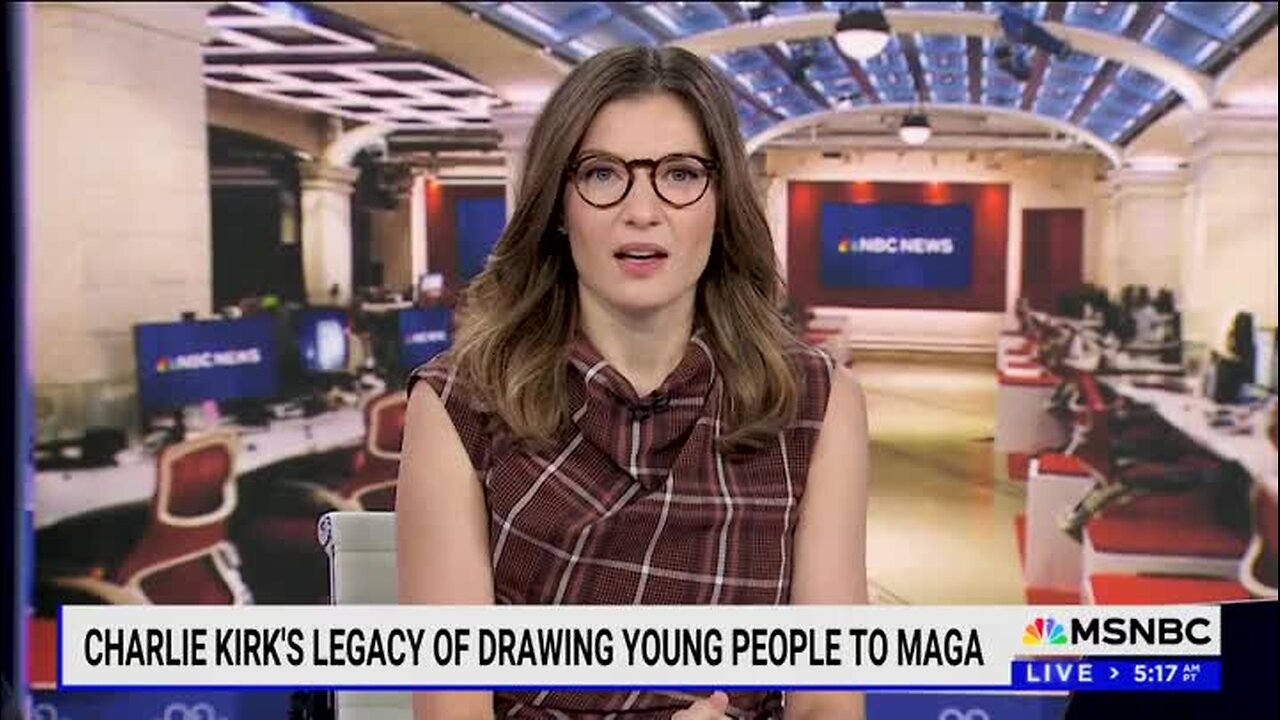
MSNBC Guest: ‘I’m Not Here to Defend a Lot of What Charlie Kirk Said’; ‘Many of His Comments Hurt Vulnerable People, He Spread Conspiracy Theories’
RUSH TRANSCRIPT:
Self-deprecating.
>> Part of Charlie Kirk’s legacy is his massive.
>> Influence in connecting young people to the MAGA movement.
>> In a March article for substack, pollster.
>> John della.
>> Volpe credited kirk’s debate strategy. With bringing more gen z voters.
>> Into the fold.
>> Della volpe wrote, quote, understanding the rightward shift among young voters requires more than.
>> Dismissing kirk’s arguments or lamenting.
>> His tactics.
>> The economic.
>> Anxiety gripping.
>> Young Americans is.
>> Real and profound. Their media.
>> Consumption habits favor authenticity, authenticity and engagement over.
>> Polish and qualification and their cultural.
>> Concerns.
>> While often manipulated. Can’t simply be dismissed. As ignorance.
>> Or prejudice.
>> Joining us now is.
>> The author of that article. John Della Volpe, director of polling.
>> At Harvard Kennedy school institute of politics and MSNBC political contributor. John, thanks for joining us this morning. What exactly was it that Charlie Kirk was saying that you think resonated so much with young voters?
>> Thanks for having me, Jack. It’s great to. See you. Listen, I’m not here to defend a lot of what Charlie Kirk said. I think many of his comments hurt vulnerable people. He spread conspiracy theories. There’s no question about that. But I think all of us, specifically Democrats, need to take a step back and to learn why he was so effective. And there’s no question that he was actually more effective than I think he even thought he might be when he started. Turning point usa in terms of a 10 point shift or so between Democrats and Republicans among younger men, and the way in which it did that was he filled a vacuum that he spoke to a generation of young people who grew up increasingly isolated because of Covid, questioning their own self-worth. Many men were raised to be providers and protectors. And when they’re turning into their late teens and early 20s, because of the significant economic anxieties that they face and the sheer difficulty of paying rent and owning a home. He tapped into that.
>> And gave.
>> Them some strength. Younger people, younger men can’t feel good about themselves as providers and protectors if they can’t provide for themselves. He understood the psychology around that. He didn’t start with politics. He started with culture. He started with community, which then led to politics. And I
-
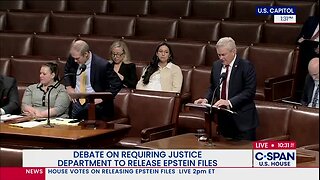 0:59
0:59
Grabien
8 hours agoRep. Comer Just Exposed Hakeem Jeffries on the House Floor for Soliciting a Meeting and Donations from Jeffrey Epstein
41 -
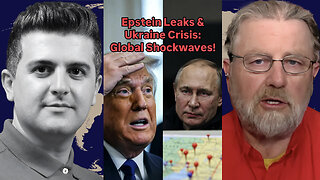 27:29
27:29
Dialogue works
1 day ago $1.94 earnedLarry C. Johnson: Leaked Epstein Revelations Send Trump Into Total Panic, Russia Dismantling Ukraine
10K18 -
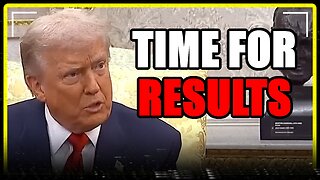 11:51
11:51
MattMorseTV
12 hours ago $31.75 earnedTrump just RIPPED OUT the BRAKES.
75.6K60 -
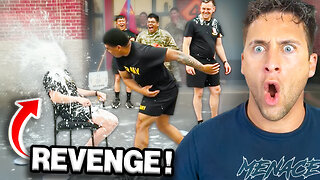 16:09
16:09
Nikko Ortiz
1 day agoMilitary Fails That Got Soldiers In Trouble
9.73K7 -
 2:06:23
2:06:23
Side Scrollers Podcast
19 hours agoStreamer Awards WRECKED + Cloudfare OUTAGE + AI LOVED ONES?! + More | Side Scrollers
63.3K13 -
 1:54:13
1:54:13
The Michelle Moore Show
21 hours ago'Three Protocols For Miraculous Healing' Guest, Dr. Margaret Aranda: The Michelle Moore Show (Nov 18, 2025)
15.2K5 -
 49:56
49:56
GritsGG
15 hours agoCampaign End Game! Leveling & Progressing Into Level 2 Zone!
13.7K -
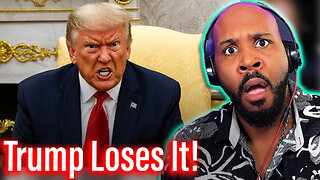 8:18
8:18
The Pascal Show
13 hours ago $1.71 earnedWHOA! Trump ABSOLUTELY LOSES IT On A Reporter Asking About Epstein
10.8K16 -
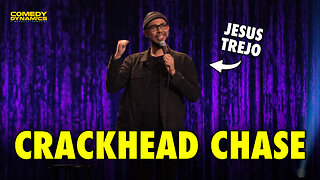 32:09
32:09
Comedy Dynamics
15 hours agoBest of Jesus Trejo: Stay at Home Son - Stand-Up Comedy
12.1K1 -
 55:43
55:43
TruthStream with Joe and Scott
1 day agoHoney and Lisa 11/17: How powerful we are, Trauma release, Becoming Sovereign (next healing event 11/20/25 @ noon eastern and 4pm eastern) #513
12.3K10